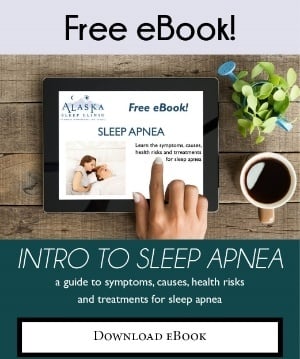Sleep and Covid-19
When it comes to your health, sleep plays an important role. While more sleep won’t necessarily prevent you from getting sick, skimping on it could adversely affect your immune system, leaving you susceptible to a bad cold, case of the flu or even this year’s virus, Covid-19.
What is Covid-19?
Like many other respiratory conditions, COVID-19 can vary widely among patients. The vast majority of confirmed cases are considered mild, involving mostly cold-like symptoms to mild pneumonia, according to the latest and largest set of data by the Center for Disease Control and Prevention.
Scientists are working to understand why some people suffer more from the virus than others. It is also unclear why the new corona virus appears to be more serious than other corona viruses that regularly circulate among people each winter and typically cause cold symptoms.
Elderly and sick are most susceptible to severe forms of COVID-19
The latest data suggest that the people most likely to develop severe forms of COVID-19 are those with pre-existing illnesses and the elderly.
 Scientists don’t know what exactly happens in older age groups. But based on research on other respiratory viruses, experts theorize that whether a coronavirus infection takes a turn for the worse depends on a person’s immune response.
Scientists don’t know what exactly happens in older age groups. But based on research on other respiratory viruses, experts theorize that whether a coronavirus infection takes a turn for the worse depends on a person’s immune response.
Obviously, at this point, there are no direct links between Sleep Apnea and Covid-19. However, untreated sleep apnea compromises your immune system.
Sleep and Your Immune System
Without sufficient sleep, your body makes fewer cytokines, a type of protein that targets infection and inflammation, effectively creating an immune response. Cytokines are both produced and released during sleep, causing a double whammy if you skimp on shut-eye. Chronic sleep loss even makes the flu vaccine less effective by reducing your body’s ability to respond.
So, what steps can you take to help keep your immune system strong?
Stock Up on Naps
To stay healthy, especially during the influenza season, get the recommended seven to eight hours of sleep a night. This will help keep your immune system in fighting shape, and also protect you from other health issues including heart disease, diabetes, and obesity. If your sleep schedule is interrupted by a busy workweek or other factors, try to make up for the lost rest with naps.
Taking two naps that are no longer than 30 minutes each —one in the morning and one in the afternoon—has been shown to help decrease stress and offset the negative effects that sleep deprivation has on the immune system. If you can’t swing a half-hour nap during the workday, try grabbing a 20-minute siesta on your lunch hour, and another right before dinner.
Other Healthy Tactics
Of course, there’s more to boosting your immunity and guarding against illness than getting ample sleep. It’s also important to practice smart stay-healthy strategies such as washing your hands with soap regularly, avoiding close contact with people who are obviously under the weather, and talking with your doctor about staying healthy.
And remember: Even if you do come down with a case of seasonal sniffles, you’ll be able to bounce back faster if your body is well rested. If your sleep is a chronic issue, get your health back on track. Call Alaska Sleep Clinic today to speak with one of our board-certified sleep specialist in Anchorage, Fairbanks, Soldotna or Wasilla.
Alaska Sleep Clinic is the only sleep clinic in Alaska that does telemedicine. Telemedicine is the use of telecommunication and information technology to provide clinical health care from a distance. It has been used to overcome distance barriers and to improve access to medical services that would often not be consistently available in distant rural communities. It is also used to save lives in critical care and emergency situations.
President Trump has declared a National Emergency; but this doesn’t mean that your sleep health should suffer. Call Alaska Sleep Clinic today to learn more about our telemedicine resources.




